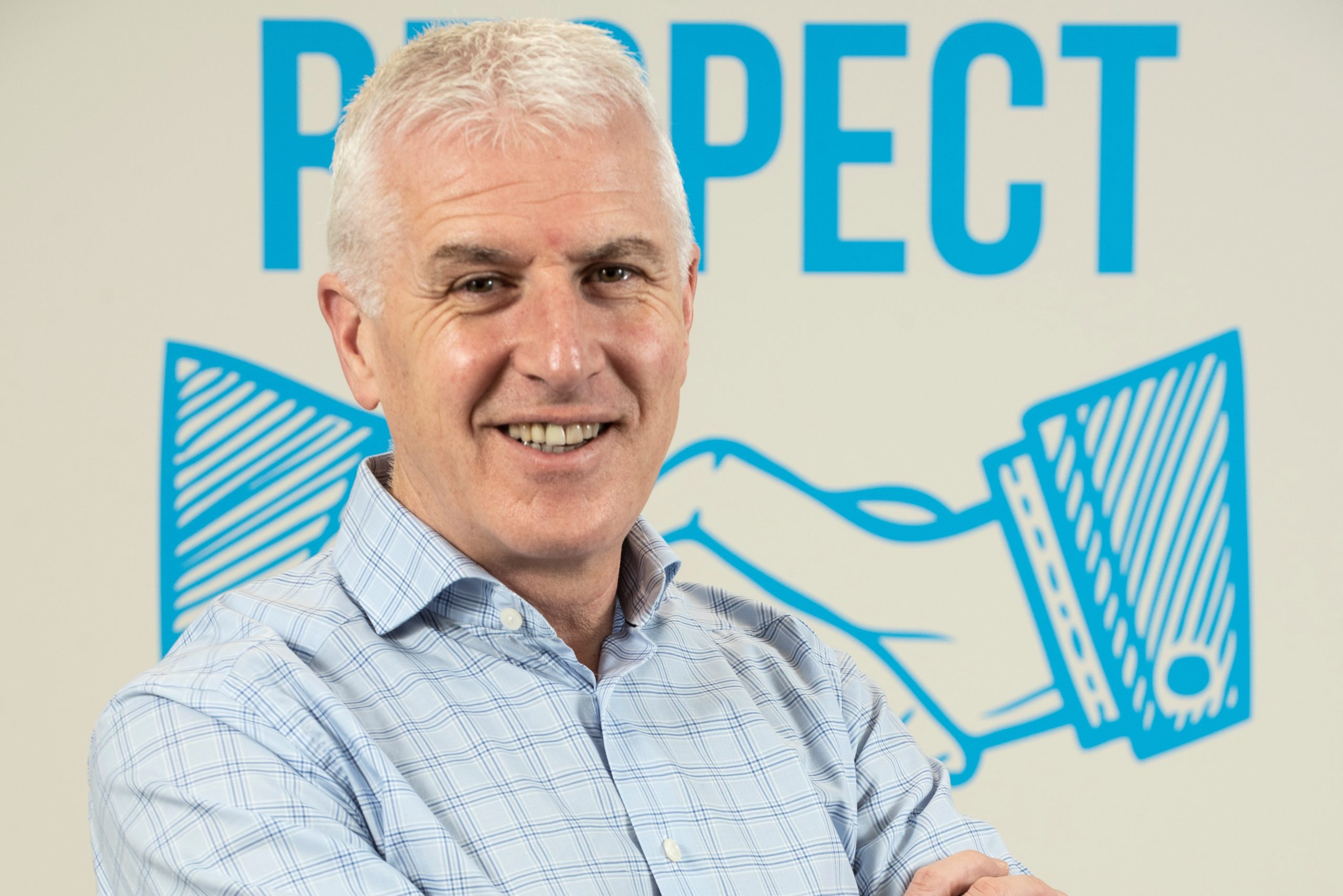Tim Cummins started out his professional life as a shopkeeper in the village of Galbally in Co Limerick before training as a chartered accountant. He then became a shareholder and eventual group director in Walsh Western, a supply chain provider for tech, which sold for $1 billion in 2013. It was in this role where he developed a zeal for logistics and furthered his love for retail. He dabbled in security as well, having worked as managing director for Chubb for almost four years. After this experience, he decided to create his own security firm called Omada, which joined with…
Cancel at any time. Are you already a member? Log in here.
Want to read the full story?
Unlock this article – and everything else on The Currency – with an annual membership and receive a free Samsonite Upscape suitcase, retailing at €235, delivered to your door.

